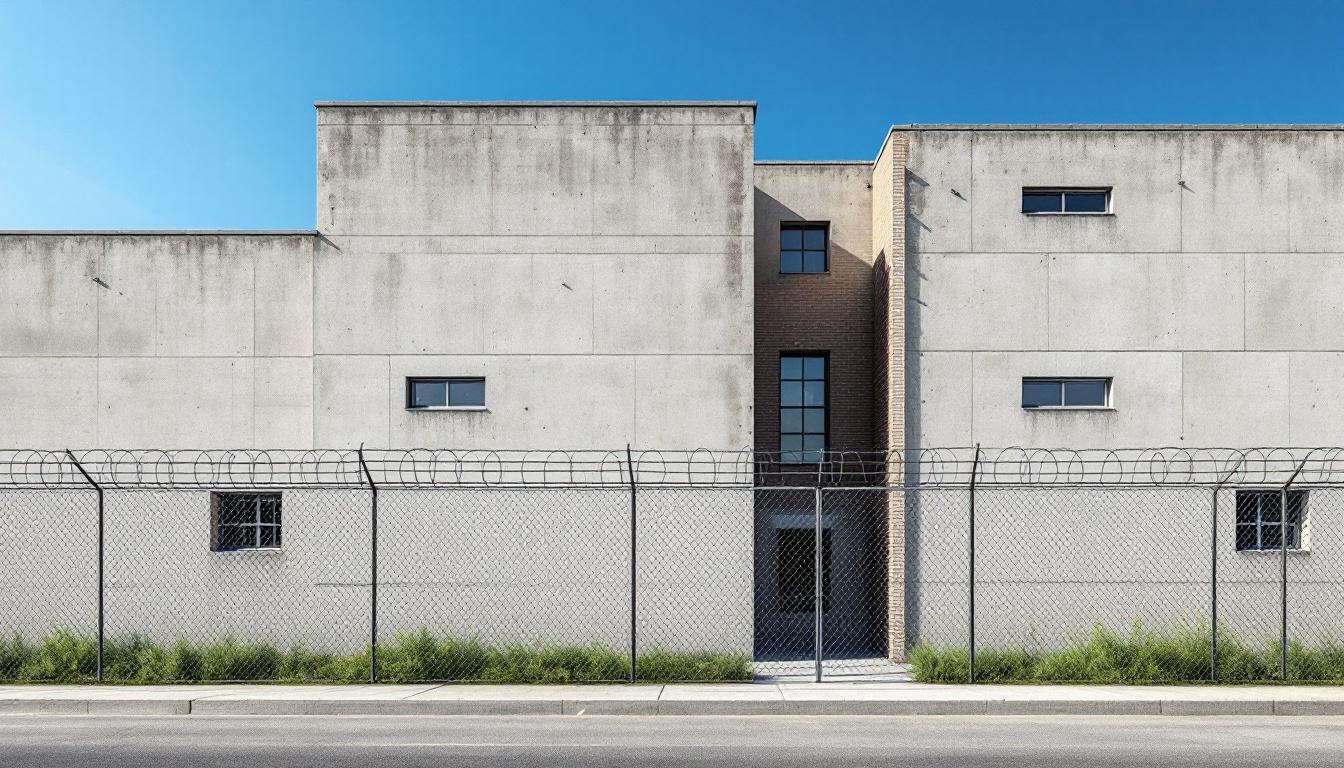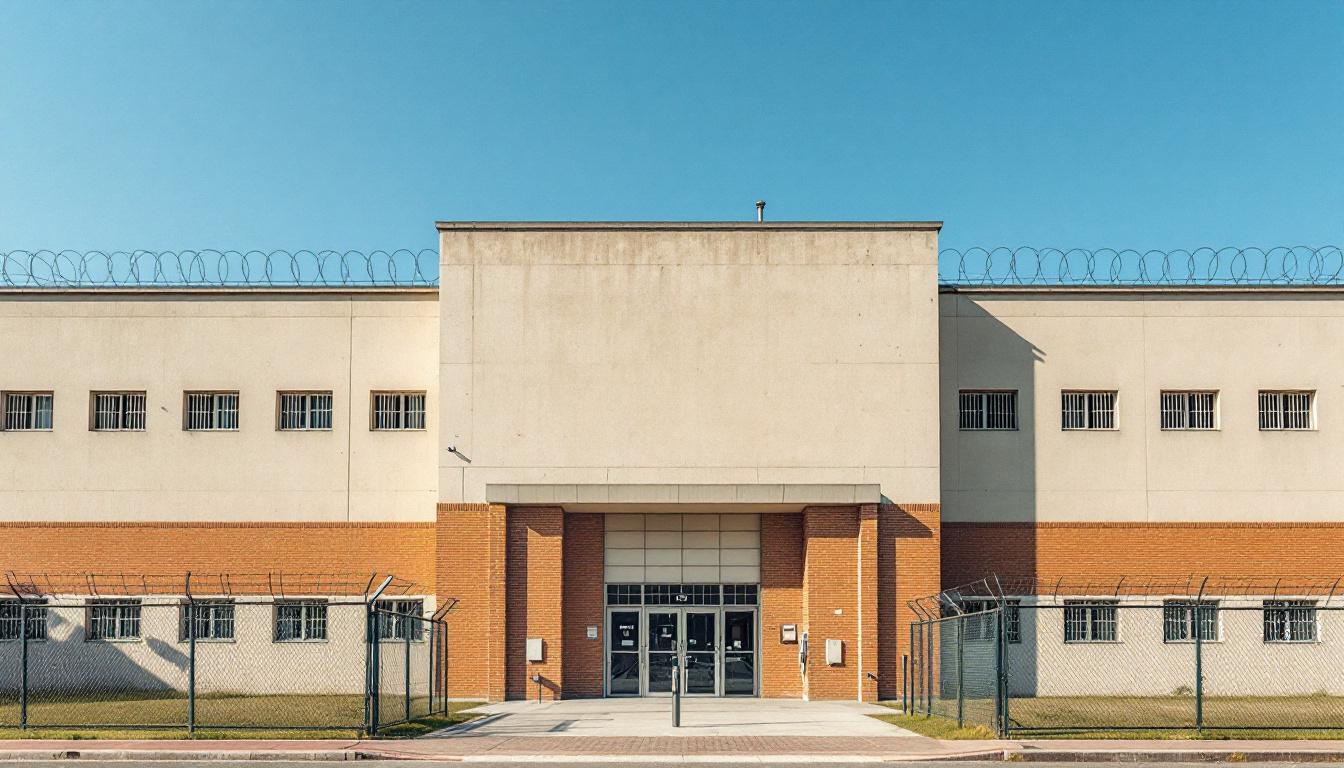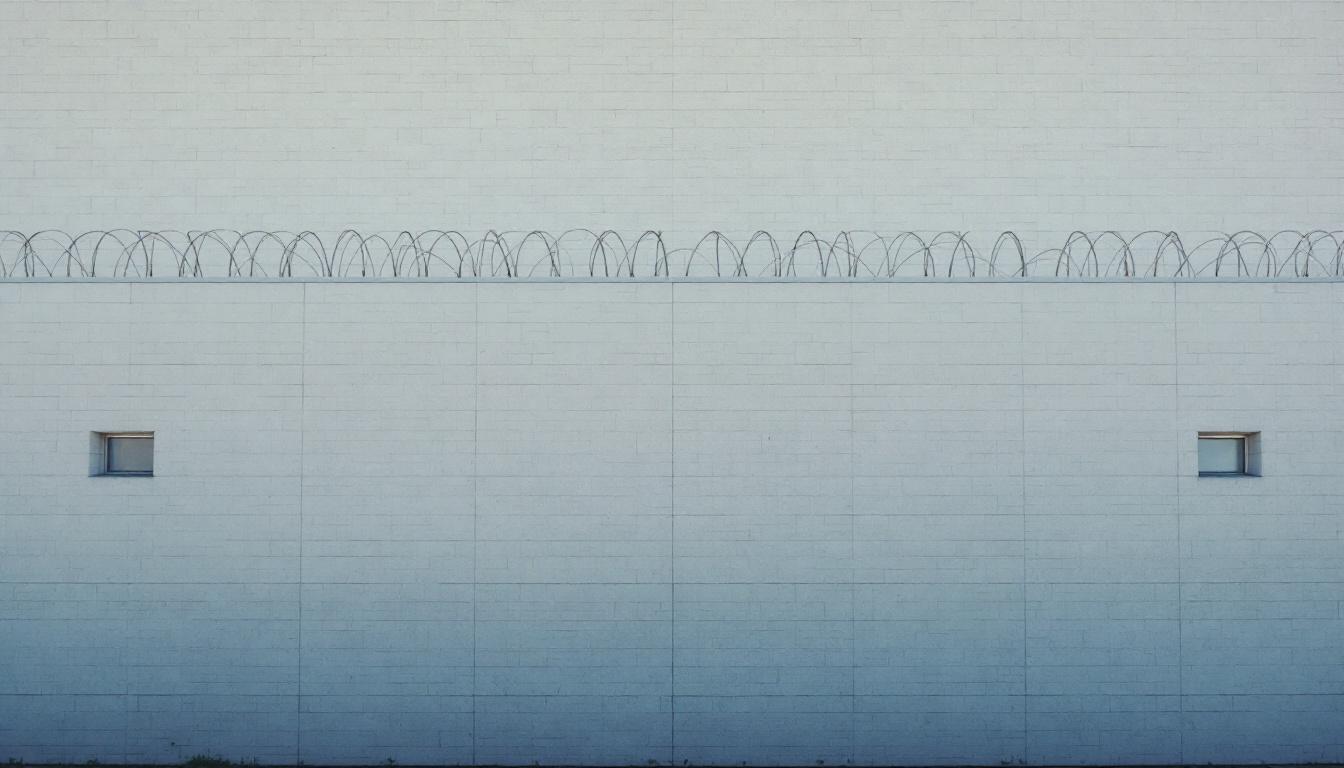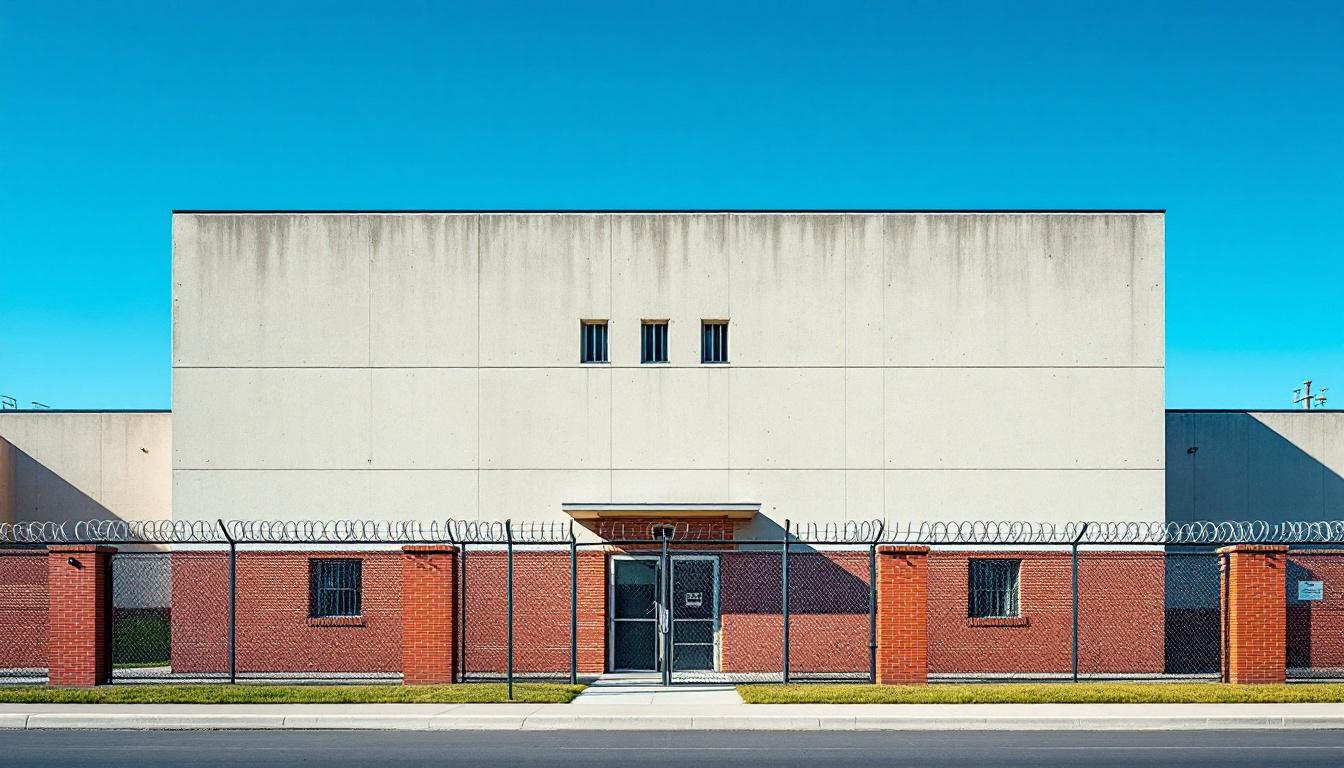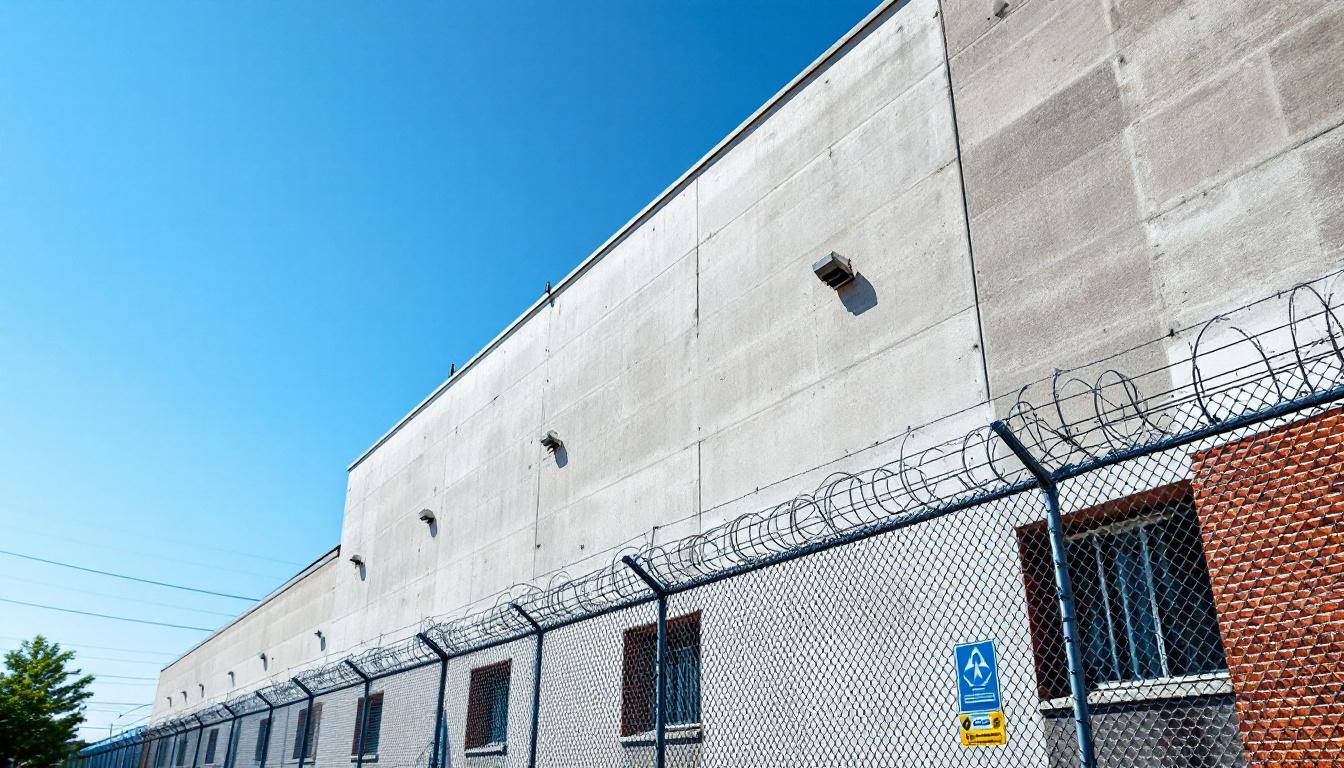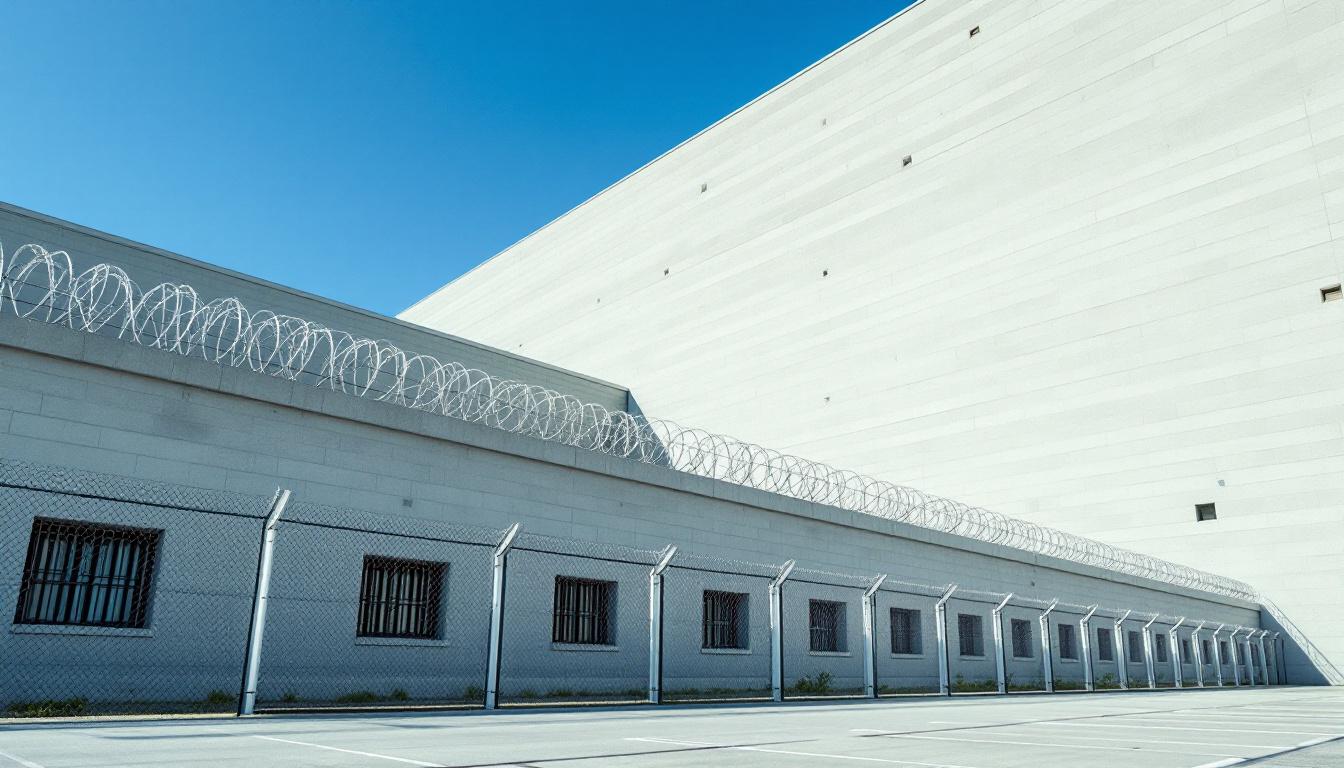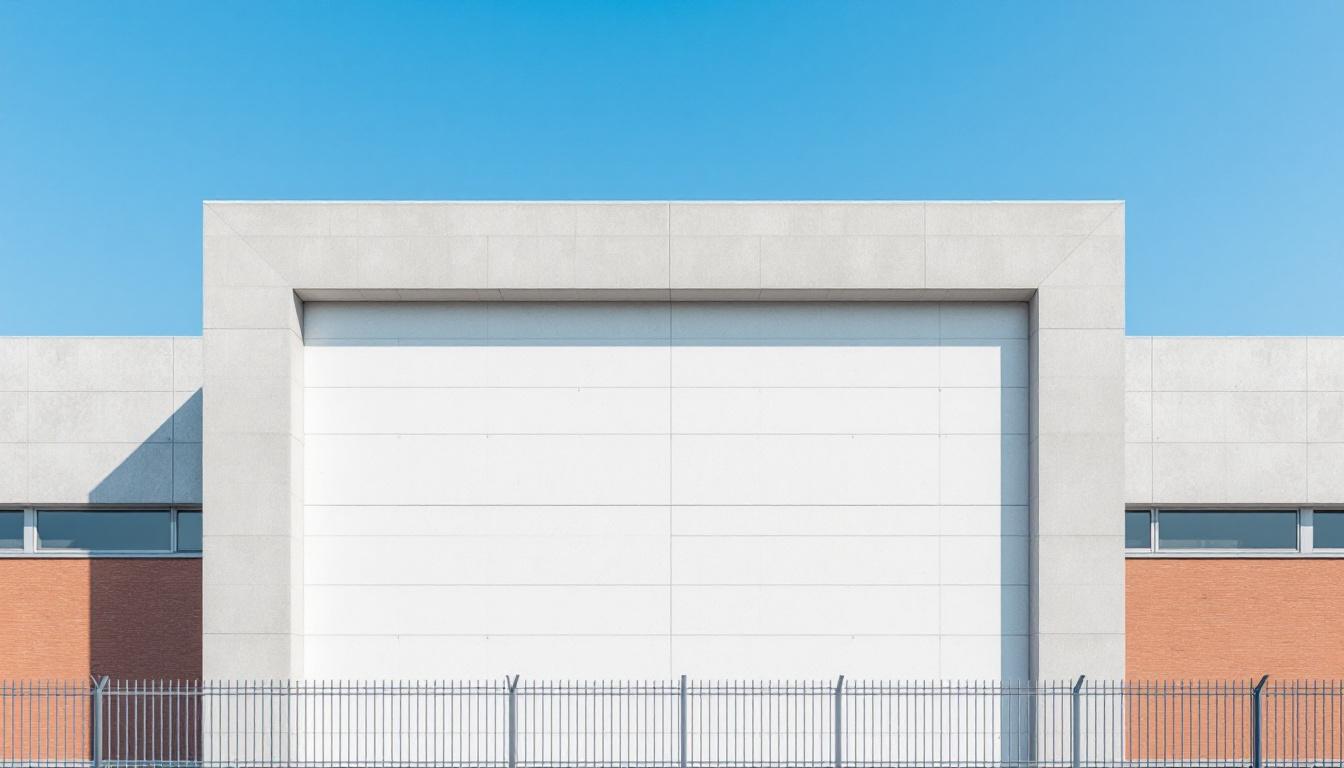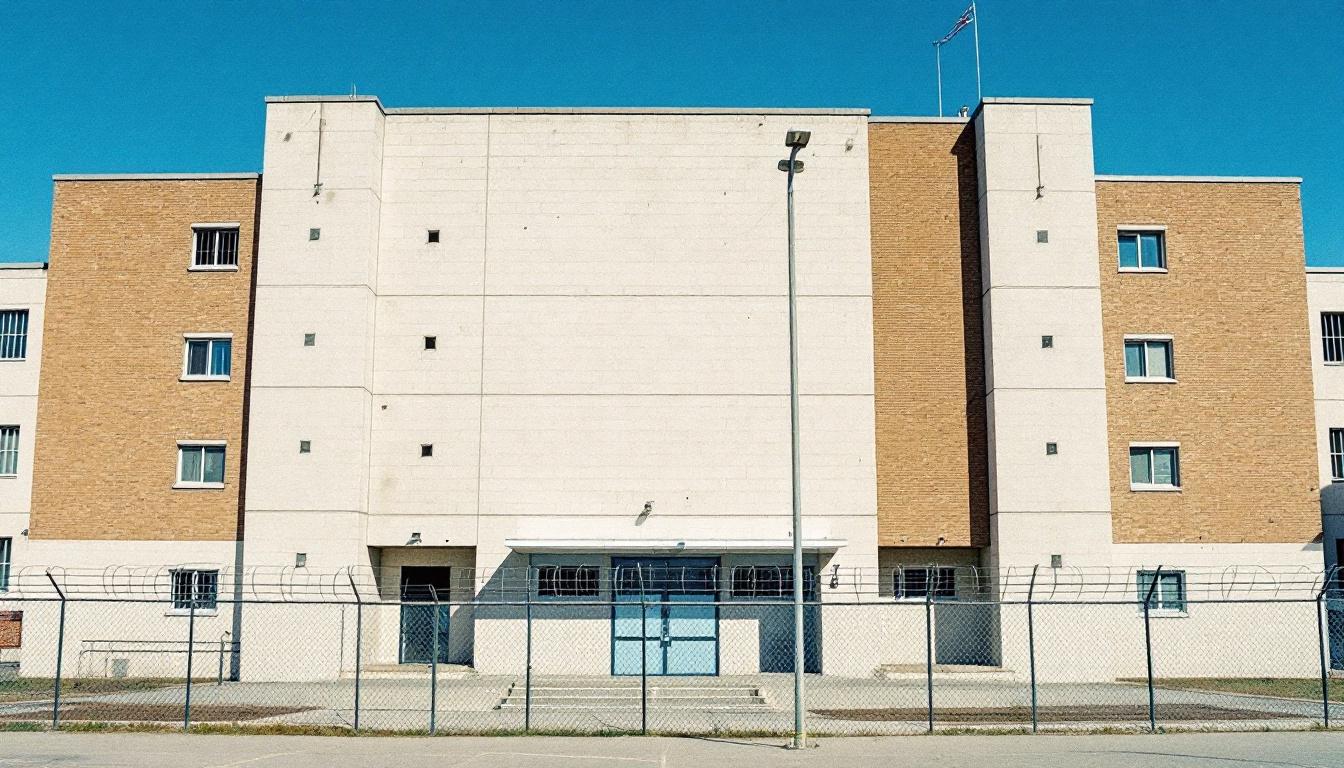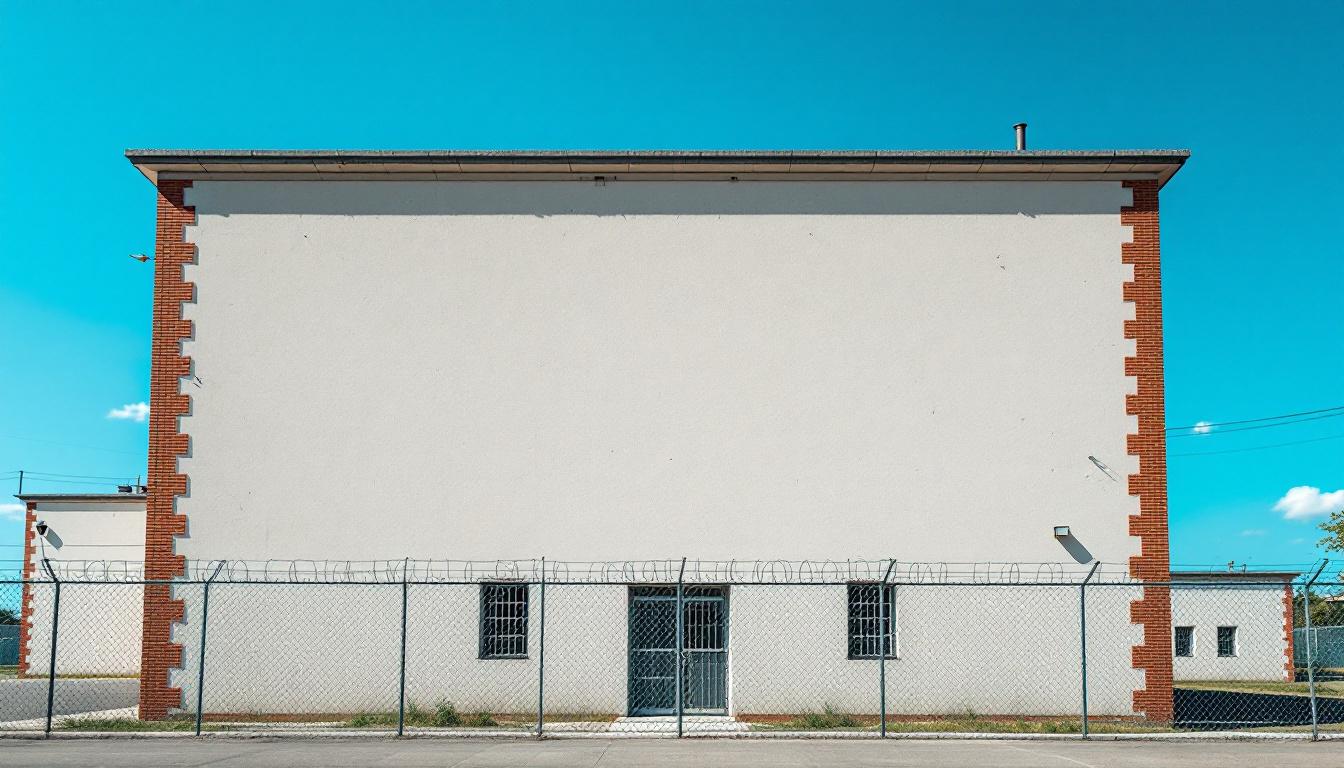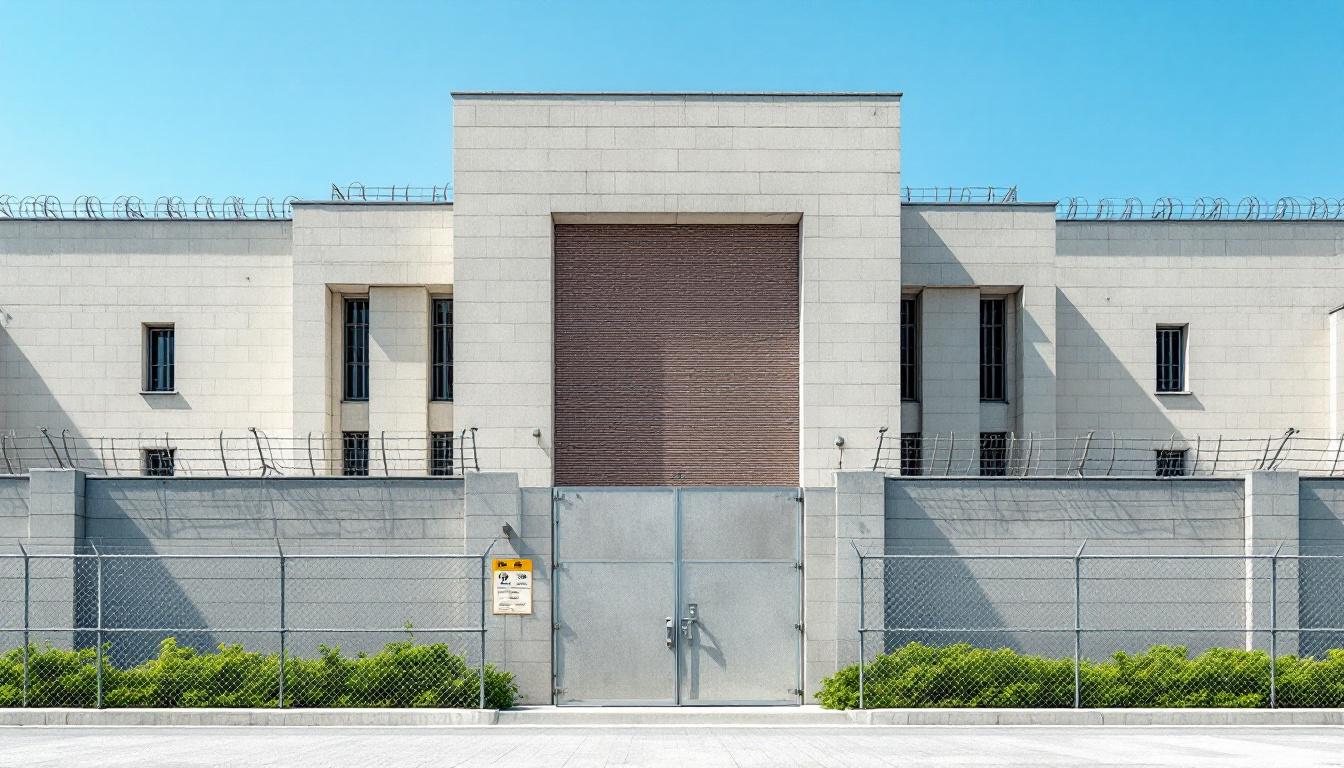
Quick Navigation
How to contact an inmate at FCI Herlong
This comprehensive guide will walk you through how to connect with an inmate at FCI Herlong. Follow the steps below to find an inmate and send letters and photos:
- Search for the inmate using our search tool below
- Create your account or log in to Penmate
- Write your message (up to 6,000 characters)
- Send instantly - inmates receive printed copies daily
Find an Inmate
Search for an inmate to start communicating today
Tip: You can search by first name, last name, or inmate ID number
To contact a person at FCI Herlong start by searching for the person on the official facility website. Perform a search by following these steps:
- Step 1: Enter their first name and last name into the search form and click "Search"
- Step 2: Locate their inmate record
- Step 3: Write down their Inmate ID and any housing information provided
Important! Be sure to enter the person's full name. Nicknames should not be used.
How to Send Messages to Inmates

You can use your phone or computer to send emails, letters, and photos to an inmate. Messages are sent electronically to inmate tablets or kiosks at the facility. If you would like to send a message, start by searching for an inmate at FCI Herlong.
Sending Photos and Postcards

A great way to send love and support to a loved one at FCI Herlong is to send photos and postcards. It only takes a few minutes to send photos from your phone and it makes a huge difference. You can also mail postcards with words of support and inspiration, or design your own postcard for special moments like birthdays and holidays.
Important! Be sure not to send any explicit photos or they may not be approved by the facility. You can also use a photo printing app like Penmate to make sure your photos are printed at the correct size (4x6 or 3x5) and are mailed according to the rules and regulations of FCI Herlong.
Frequently asked questions about FCI Herlong
-
How long does it take to deliver a message?
If you're sending an email message your letter is usually delivered within 24-48 hours. For messages sent via mail you should expect delivery within 3-7 days. All messages will need be approved by FCI Herlong.
-
How much does it cost to send a message to FCI Herlong?
You can send a message free using your phone or mail a message via USPS for the price of a $0.60 stamp and envelope. You can also purchase credits or e-stamps from services starting at $1.99.
-
What services can I use to contact an inmate at FCI Herlong?
Penmate
You can use Penmate to send letters and photos to an inmate from your phone. It's an easy way to stay in touch during your loved one's incarceration. Use the inmate locator to find an inmate's location and contact information, then you can send messages within a few minutes.
Securus messaging
Securus may be another option for communicating with an inmate at FCI Herlong. You can create a friends and family account and purchase credits to send messages. All messages will be reviewed and must be approved by the facility.
JPay
Some county jails and state prisons may support sending messages with JPay. You must register an account with the system, find your loved one, and purchase stamps to send messages. For some locations you can also attach photos.
Smart Jail Mail
You may also check if Smart Jail Mail is available at FCI Herlong. Smart Jail Mail is operated by Smart Communications and has contracted with some state and county jails. After purchasing credits, your messages and photos are sent to the facility, printed out, and then handed out to your loved one.
-
What is the mailing address of FCI Herlong?
Mailing address:
FCI Herlong
741-925 Herlong Access Rd
Herlong, CA 96113
Phone: (530) 827-8000Business hours:
- Monday: Open 24 hours
- Tuesday: Open 24 hours
- Wednesday: Open 24 hours
- Thursday: Open 24 hours
- Friday: Open 24 hours
- Saturday: Open 24 hours
- Sunday: Open 24 hours
-
What are the visiting hours at FCI Herlong?
Visiting hours at FCI Herlong vary by housing unit and security level. Generally, visits are scheduled on weekends and holidays, with some facilities offering weekday visits. Contact the facility directly at (530) 827-8000 or check their website for the current visiting schedule. Visits typically last 30-60 minutes and must be scheduled in advance.
-
What items are prohibited when sending mail to FCI Herlong?
Prohibited items typically include: cash, personal checks, stamps, stickers, glitter, glue, tape, staples, paperclips, polaroid photos, musical or blank greeting cards, hardcover books, magazines with staples, and any items containing metal or electronics. Only send letters on plain white paper with blue or black ink. Photos must be printed on regular photo paper (no Polaroids). Always check with FCI Herlong for their specific mail policies.
-
How do I send money to an inmate at FCI Herlong?
You can send money to an inmate at FCI Herlong through several methods: 1) Online using JPay, Access Corrections, or the facility's approved vendor, 2) Money orders mailed directly to the facility with the inmate's name and ID number, 3) Kiosks located in the facility lobby, or 4) Over the phone using a credit or debit card. Fees vary by method, typically ranging from $2.95 to $11.95 per transaction.
-
Can I schedule a video visit with an inmate at FCI Herlong?
Many facilities now offer video visitation as an alternative to in-person visits. At FCI Herlong, video visits may be available through services like Penmate, Securus Video Connect, GTL, or ICSolutions. Video visits typically cost $10-20 for 20-30 minutes and must be scheduled in advance. You'll need a computer or smartphone with a camera and reliable internet connection. Contact the facility for their specific video visitation policies and approved vendors.
-
What identification do I need to visit an inmate at FCI Herlong?
All visitors must present valid government-issued photo identification such as a driver's license, state ID, passport, or military ID. Minors must be accompanied by a parent or legal guardian who can provide the minor's birth certificate. Some facilities require visitors to be on the inmate's approved visitation list, which may require a background check. Contact FCI Herlong for specific ID requirements and visitor approval procedures.
-
How can I find out an inmate's release date?
To find an inmate's release date at FCI Herlong, you can: 1) Use the online inmate search tool if available, 2) Call the facility's records department, 3) Contact the inmate's case manager or counselor, or 4) Have the inmate provide this information during a call or visit. For privacy reasons, some facilities only release this information to immediate family members.
Facility Overview
Official Website

About FCI Herlong
Federal correctional responsibilities within Tennessee's justice framework find expression through the operations of Herlong FCI, positioned in the greater Memphis metropolitan area. This facility serves as a component of the federal prison system's presence in the region, contributing to the broader correctional infrastructure that serves both Tennessee and surrounding southeastern states.
Herlong FCI typically functions as a medium-security institution, providing structured environments designed to balance public safety requirements with rehabilitative programming opportunities. The facility generally offers educational services, vocational training programs, and substance abuse treatment options that may help those incarcerated develop skills and address underlying issues. Mental health services and medical care are typically available to address the comprehensive needs of the population served. These programs often align with federal standards for correctional facilities and may include partnerships with local educational institutions and community organizations to support reentry preparation.
Located within the Memphis area, the facility operates within Tennessee's broader correctional landscape while maintaining federal oversight and standards. The institution's role extends beyond simple containment, as it generally emphasizes structured daily routines, work assignments, and programming designed to support successful community reintegration. Family visitation programs and communication services typically help maintain important connections during incarceration periods, recognizing the importance of support systems in the rehabilitation process.
Programs & Services
Within the structured environment of Herlong Federal Correctional Institution, those incarcerated encounter a comprehensive array of developmental opportunities designed to foster personal transformation and prepare individuals for successful community reintegration. The facility's philosophy centers on creating pathways for meaningful change through evidence-based programming that addresses both immediate needs and long-term goals. This multifaceted approach recognizes that genuine rehabilitation requires addressing educational deficiencies, developing marketable skills, and providing spiritual and emotional support systems that can sustain positive behavioral changes.
Educational services form the cornerstone of the institution's developmental offerings, typically encompassing literacy programs, GED preparation, and adult basic education courses tailored to meet diverse learning needs. These academic foundations often serve as stepping stones to more specialized vocational programs that may furnish training in trades such as culinary arts, building maintenance, or computer applications. The structured curriculum design ensures that those incarcerated can progress systematically through skill-building modules while developing the discipline and work habits essential for employment success upon release.
In addition to these educational and vocational components, the facility often includes robust support services that address the spiritual, physical, and emotional dimensions of personal development. Faith-based programs typically provide opportunities for religious study and community worship across various denominations, while chaplaincy programs may offer individual counseling and crisis intervention services. Intramural sports activities serve multiple purposes, promoting physical fitness while teaching teamwork, leadership, and healthy competition within a controlled environment that emphasizes safety and security protocols throughout all programming initiatives.
Daily Life & Visitation
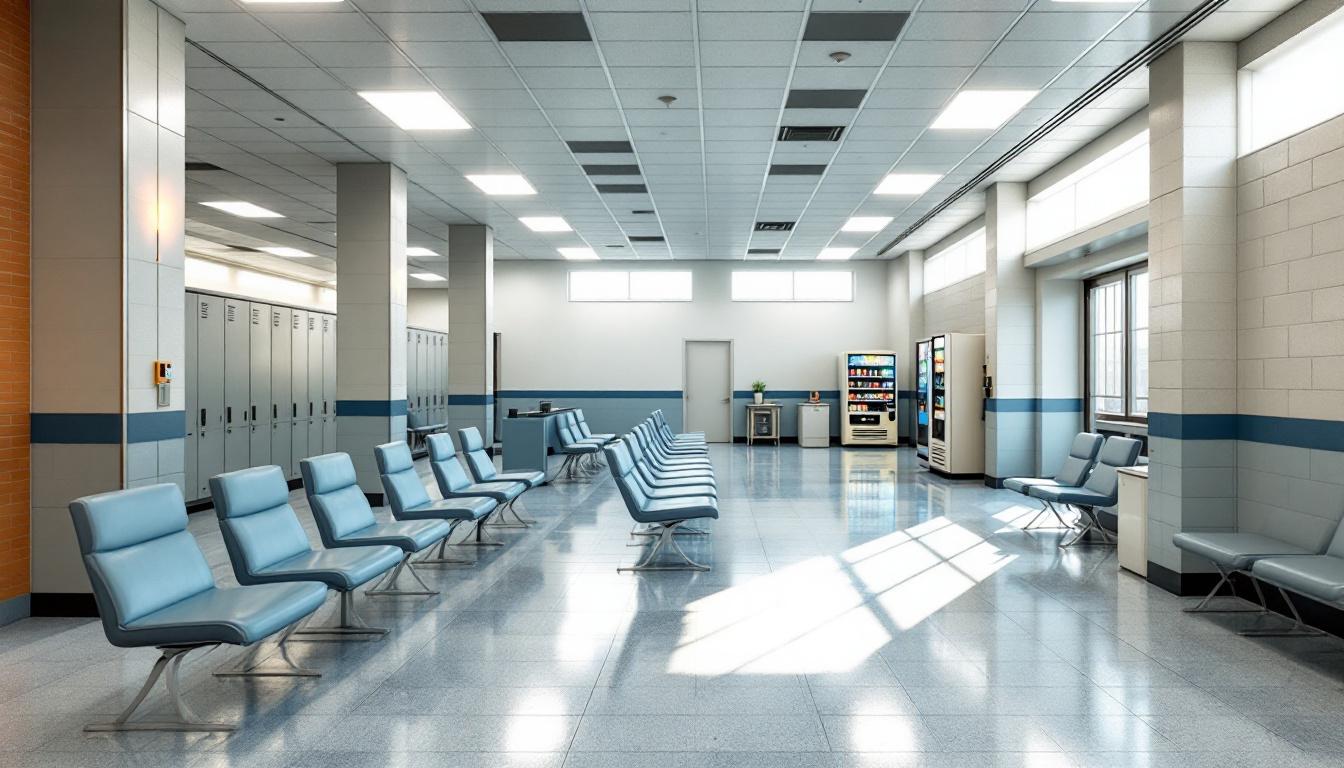
Building meaningful connections with fellow residents and maintaining ties to family members forms the cornerstone of daily existence for those incarcerated at this federal facility. Today's structured environment consistently revolves around scheduled activities that encourage social interaction, from shared meals in the dining hall to recreational periods where individuals can engage in conversations, games, and group activities that help combat the isolation often associated with incarceration.
The housing units typically accommodate multiple residents in dormitory-style settings or smaller shared rooms, creating natural opportunities for relationship-building and mutual support among those serving their sentences. In addition to this communal living arrangement, the facility generally provides common areas where residents can gather during designated free time periods, watch television together, or participate in informal discussions that help maintain their social skills and emotional well-being. Despite this structured environment, personal space remains limited, requiring individuals to develop patience and communication skills as they navigate shared living quarters with diverse personalities and backgrounds.
Recreational programming consistently furnishes opportunities for those incarcerated to engage in physical fitness activities, organized sports, and educational classes that bring people together around shared interests and goals. The facility typically offers visitation periods that allow families to maintain face-to-face contact, while telephone and correspondence privileges generally enable regular communication with loved ones on the outside. Work assignments throughout the facility usually create additional social dynamics, as residents collaborate on kitchen duties, maintenance tasks, and other operational responsibilities that require teamwork and provide structure to their daily routines, helping them develop job skills while fostering a sense of community contribution.
Ready to Connect?
Start communicating with your loved one today
Search for an Inmate
